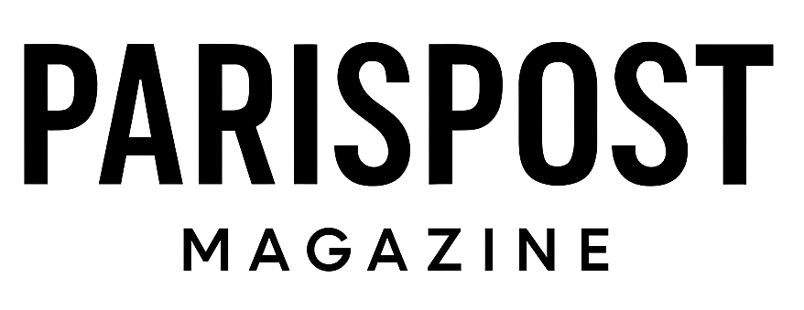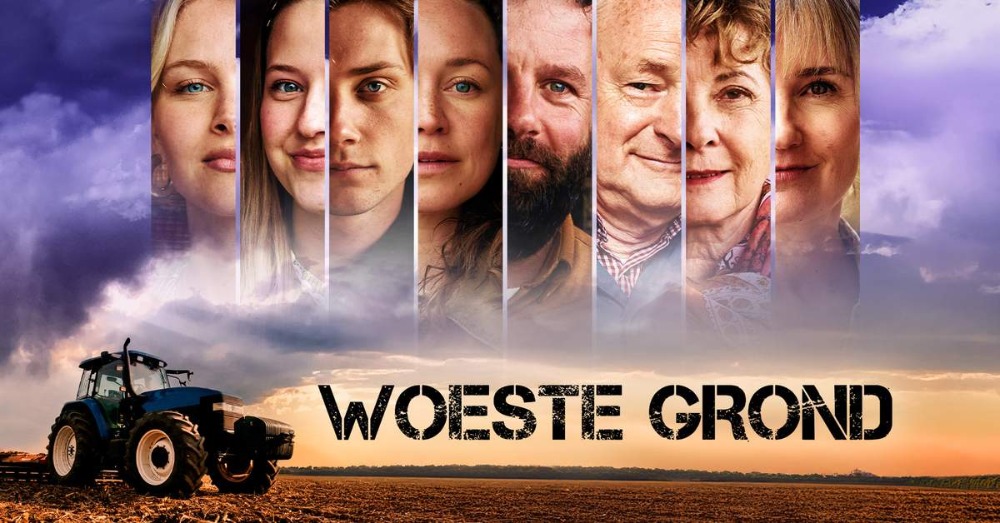How does Dutch society treat aging and family responsibility? Learn how “De Woeste Grond” connects with government policies and cultural change. In addition to one of my favorite hobbies, "walking in the woods with my dog Pip," I also like to watch television. I mainly record a lot of Scandinavian series, which I then watch later. Often, they are crime dramas. But recently my attention was also drawn by an episode of the second series of a Dutch drama called: "Woeste Grond." This series is about a farming family in which the father, as the director of a farm, "must"…...
Sign in with Google to continue reading
💬 Meet Our Members

Julia Orozco
Poet who love nature and writing poetry.
Tamizh Ponni VP
Tamizh Ponni VP is an ambivert who loves to express her skills…

Dr. B.H.S Thimmappa
B.H.S. Thimmappa is a seasoned chemistry professional with extensive experience in developing…

Abhinaba Maitra
Abhinaba Maitra is a Kolkata-based writer with a background in software engineering.…

Sindhu Gopalkrishnan
I love writing as I get to create something beautiful and touch…

Khushi Barman
I'm a 22-year-old Indian psychology student. I have a strong interest in…
Support independent journalism. Your membership keeps us going.
How does Dutch society treat aging and family responsibility? Learn how “De Woeste Grond” connects with government policies and cultural change.
In addition to one of my favorite hobbies, "walking in the woods with my dog Pip," I also like to watch television. I mainly record a lot of Scandinavian series, which I then watch later. Often, they are crime dramas. But recently my attention was also drawn by an episode of the second series of a Dutch drama called: "Woeste Grond." This series is about a farming family in which the father, as the director of a farm, "must" make way for his son because of his age. This son, the designated "new director," approached his father while the father was sitting at the dining room table. Suddenly, out of nowhere, the father hands an envelope to his son. This was the first letter that the son received in his name as the new director of the company. The letter contained a quote for renovating the farm to bring it up to the present day.
“De Woeste Grond” Farmhouse Renovation Costs – What’s the Price Tag?
The envelope is still closed, although the father had to put in a lot of effort to keep it that way. The father says to his son: "This one is for you, from the contractor." The adult son says to his father as he takes the envelope: "It suddenly makes me warm." The father says: "Yes, there is nothing crazy about that; it is not a 'small beer.' Such a big job, that keeps a person awake, sleepless nights, stomach-aches even, so much money." The father then says: "Come, open it," while he gives the envelope to his son. He then says: "You must have an idea?" The son says: "Yes, I have an idea about it." The father then says, "If the calculation in the envelope does not come close to your idea, then it will not be correct." The father says: "And if that is the case, then look, and think again how you could or should do it differently. After all, that costs nothing!"
Father’s Wisdom vs. Son’s Choices – A Family Drama Moment
The son then takes the quotation out of the envelope and wants to hand it over to his father, but he says: "But son, I can't read that without glasses." He takes a pen from the inside pocket of his jacket with a steady hand and gives it to his son with the message: "All things that have been done on this farm are signed with this pen; I would like you to use this pen from now on." But he does add: "But read well in advance, including the small print. Just the small print, but you can always ask me for advice." The son then says to his father: "And if I don't need your advice anymore, then I need your reading glasses, but would you still like to watch with me?" "But of course," says the father, and together the father and son study the quotation sent by the contractor regarding the renovation of the outdated farmhouse.
Why This Scene in ‘Woeste Grond’ Doesn’t Feel Truly Dutch
I was watching this scene with wide open eyes. I found this scene almost ridiculous, and it immediately gave me the feeling that this series must have been subsidized by the Dutch government, or that this series must have originally come from abroad. What you probably won't know is that there is a big difference between the Eastern and Dutch way of dealing with old age. In the Far East, people respect the elderly and, in most cases, listen to their advice.
Dutch Government Lessons on Aging, Family, and Culture
Unfortunately, this is (or was) different in the Netherlands, where until recently, people put the elderly in retirement homes. Homes where those elderly hardly received any visits from their children. But the world is also changing at a rapid pace in the Netherlands. Those homes that were mainly subsidized by the Dutch government have closed down at a rapid pace, and as a result, these elderly people have to live longer on their own or with their children. You understand that this has brought about a considerable cultural change, which will naturally take quite some time to sink in. However, this time is not granted due to the speed of implementation by the Dutch government, which leads to necessary tensions in the various Dutch families.
Will Younger Generations Listen to Government Messages on TV?
I wonder if the subsidization of this TV series will have the desired effect among the Dutch population. The series was broadcast on National Television, and which young family in the Netherlands still watches this Dutch government-subsidized television these days? Most young families hate the commercials on these channels and mainly watch streaming services such as Netflix, Amazon Prime. The government has no power on the latter streaming services; those channels only look at their commercial interests. Unfortunately, there is no respect for the elderly or for educational messages there. When I think of the group of Dutch people who still watch the national channels, which in my view is limited, I wonder whether subsidizing television programs has not had its day. Government, please spend our money better!!











